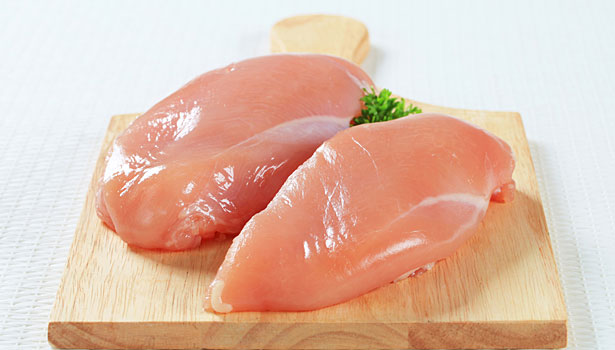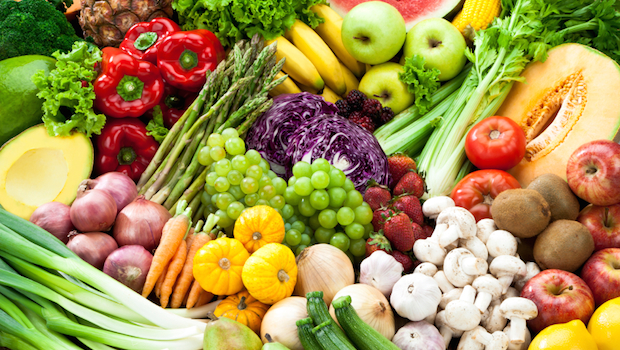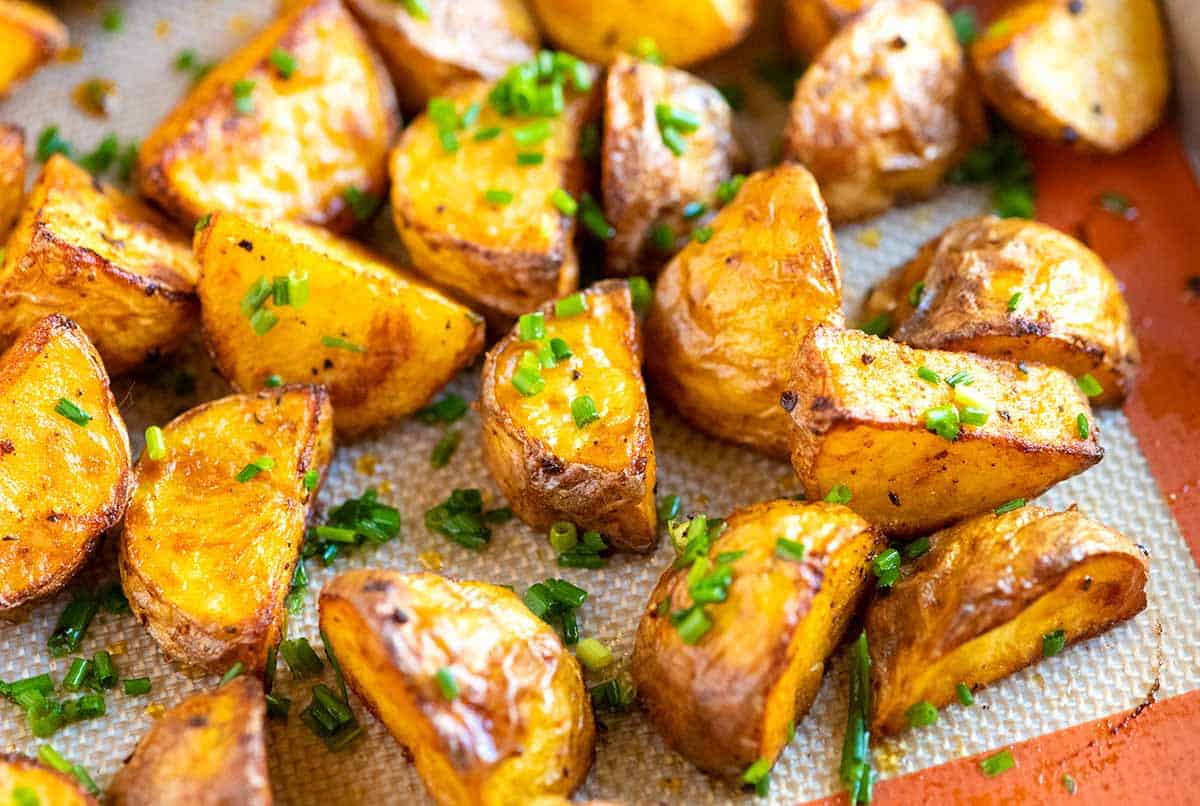Contents
Foods That Help You Build Lean Muscle
Potatoes
It’s important to keep caloric needs in mind when eating for muscle growth and recovery. Potatoes are a perfect option for this. They’re rich in carbohydrates, which provide a necessary energy source.
Legumes
Legumes are an excellent source of iron and protein. Try to consume them after your workout to replenish your carbohydrate stores and provide a source of protein to promote muscle growth.
Their high fiber content aids in nutrient absorption, as fiber is linked to maintaining healthy gut bacteria, which promotes optimal digestion. This maximizes the nutritional value of the foods you eat.
There’s also a huge family of beans and lentils to choose from. They can be worked into a number of different dishes, so you’ll definitely find a flavor — and meal — that you enjoy.
Nuts and seeds
Nuts and seeds are high in protein and calorically dense. Just a palmful of walnuts, for example, has roughly 5 grams of protein. If you’re looking to add an easy source of calories to your diet, nuts and seeds are the way to do it.
The fats in nuts and seeds also boost the nutrient absorption of fat-soluble vitamins A, D, K, and E, so it’s advantageous to include them in a nutrient-rich meal.
Whole eggs
Another day, another article touting the benefits of eggs. Those golden orbs contain large amounts of the amino acid leucine, which is essential for post-exercise muscle recovery. Whole eggs in particular are considered to be something of a protein synthesis powerhouse. In fact, eating whole eggs after a workout elicits a 40 per cent greater muscle-building response than consuming egg whites alone, a study published in The American Journal of Clinical Nutrition found.
Salmon
As well as a huge helping of complete protein (around 20g per 100g serve), salmon is high in omega-3 fatty acids EPA and DHA, which optimise nutrient partitioning by reducing inflammation. Omega-3 increases insulin sensitivity, a study from Harvard University found, resulting in less insulin floating around in your bloodstream. A good thing, because insulin boosts fat storage. Just try to avoid reheating it in the office microwave.
Greek yogurt
As well as being loaded with fast-digesting whey protein and slow-digesting casein protein – around 10 grams total per 100g serve – Greek yogurt is a source of vitamin D, which helps your body absorb calcium and phosphorus. Calcium is crucial for muscle contractions, while phosphorus is essential for creating ATP (the form of energy your body uses). According to research by Baylor University, a mix of whey and casein protein is the optimum combination for increasing lean mass.
Kidney beans
Being higher in carbohydrates, beans and legumes are often overlooked for their leaner cousins. But these fibrous foods are essential for a healthy gut – something you depend on to absorb the nutrients, minerals and supplements required to carve lean muscle. Kidney beans contain the most, with around 8 grams of protein per 100g serve (and around 10 grams of fibre!). Pair them with a whole grain such as brown rice to make a complete protein.
Skinless Chicken

One of the foods help you build lean muscle, chicken is an excellent source of high-quality protein, which is important for muscle maintenance and repair, bone health, and weight maintenance. And of course, there are so many ways you can cook and prepare chicken.
Go down to the store and you can easily find chicken meat cut into single serving sizes that can be seasoned and quickly cooked.
Cottage Cheese
Not many people know this, but cottage cheese is almost entirely pure casein protein.
Casein is a slow-digesting protein, which means it is perfect for muscle maintenance. This is useful especially for people who have no choice but to go long periods without eating. Cottage cheese is also an excellent source of vitamin B12, calcium, and other important nutrients.
Fruits and Vegetables
Fruits and vegetables are a rich source of antioxidants, which are essential for the healthy functioning of your immune system.
They also provide tons of other nutrients, such as vitamin C, vitamin E, and beta-carotene. Finally, your body requires the fiber these fruits and vegetables provide to aid in proper digestion and nutrient uptake.



/Legumes-57963e4c5f9b58461fbf9f8d.jpg)

